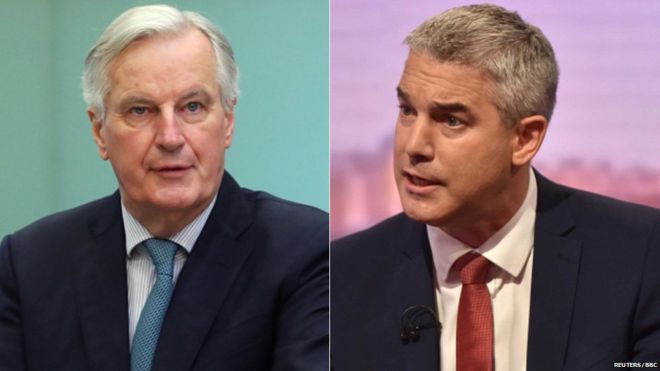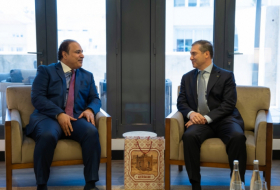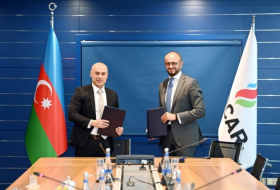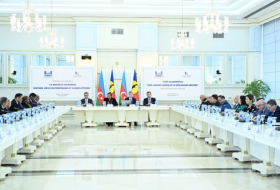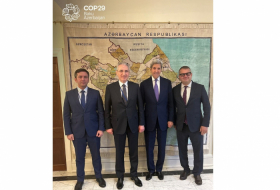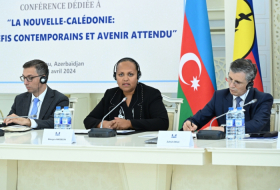Michel Barnier said Great Britain would be free to leave the proposed single customs territory, designed to avoid physical border on the Irish border.
But the government and the DUP have rejected this because Northern Ireland would have to remain within it.
Mr Barclay said the UK had "put forward clear new proposals".
The UK is due to leave on 29 March, although Parliament has yet to agree the terms of withdrawal.
The UK and the EU remain at loggerheads over the contentious issue of the Irish backstop - which is designed to prevent physical checks on the border between Northern Ireland and the Republic of Ireland.
The Commons Northern Ireland Affairs Committee has suggested there may be a possible technical solution to the border problem "but only if there is trust and goodwill".
'Disrespect'
On Friday the EU said it was prepared to include a number of existing commitments relating to the application of the backstop in a legally-binding document.
In a series of tweets Mr Barnier said the UK would not be forced into a customs union against its will through the Northern Ireland backstop.
He said it would be able to exit the single customs territory unilaterally if it chose to do so.
But, he added, Northern Ireland would remain part of the EU's customs territory, subject to many of its rules and regulations.
Mr Barclay and the DUP, the party Mrs May's government relies on for a majority in Parliament, were both dismissive of Mr Barnier's proposal.
Mr Barclay tweeted: "With a very real deadline looming, now is not the time to rerun old arguments. The UK has put forward clear new proposals. We now need to agree a balanced solution that can work for both sides."
Nigel Dodds, deputy leader of the DUP, said the proposal "disrespects the constitutional and economic integrity" of the UK, and it was neither "realistic nor sensible".
The government has previously said it would not agree to anything which threatened the constitutional integrity of the UK.
Meanwhile, a report published on Saturday by the Northern Ireland Affairs Committee has suggested a "world first" mobile phone identification system could be the solution to invisible border control.
The system would use either the mobile phone network or radio frequency identification to check goods or driver ID without leaving the vehicle, in combination with a trusted trader scheme.
Border surveillance would utilise automated number plate recognition and CCTV.
Lars Karlsson, a former director at the World Customs Organisation, said all the separate elements which make up the proposal "have been tested somewhere in the world, just not in one single border".
The border in Northern Ireland would be "the first and a leading example in the world of this kind," he added.
However, the committee urged the UK and EU negotiators to agree on a definition of a hard border by 12 March.
"Mistrust over the backstop protocol has been heightened by lack of clarity on what exactly constitutes a 'hard border'," said chairman Andrew Murrison.
"My committee is calling for clarification of the term in a legally explicit way to ensure both parties share the same understanding of how the backstop can be avoided."
"Time is running out to reach common ground," the Conservative MP warned.
BBC
More about:








